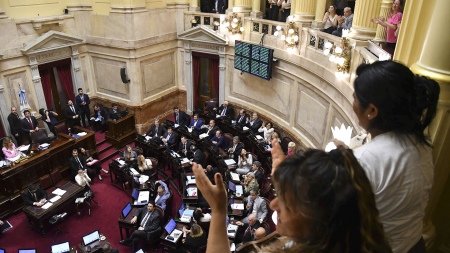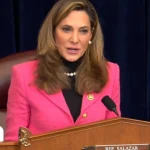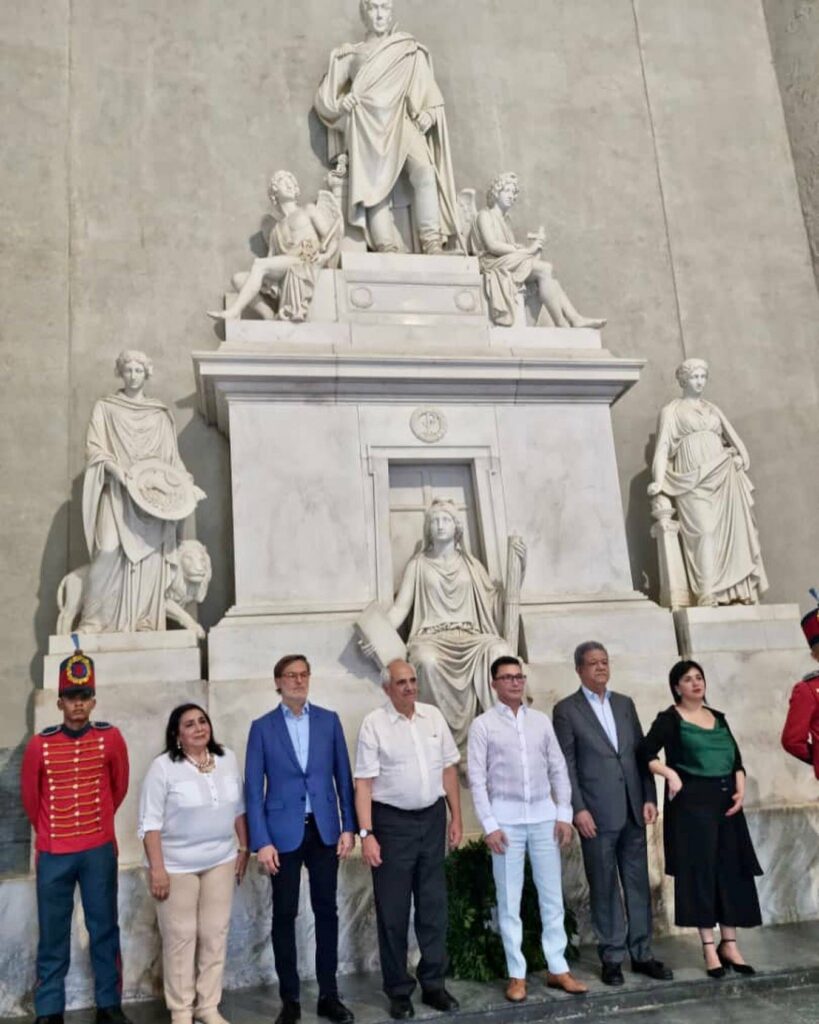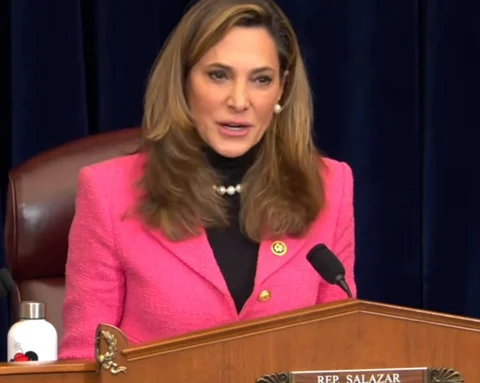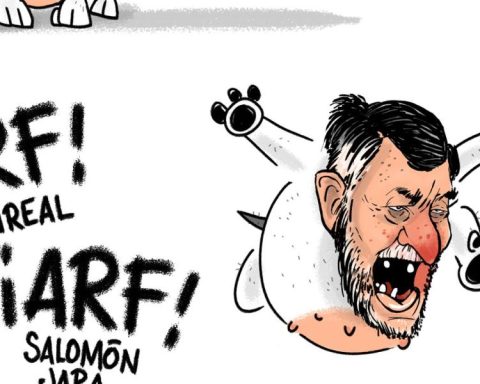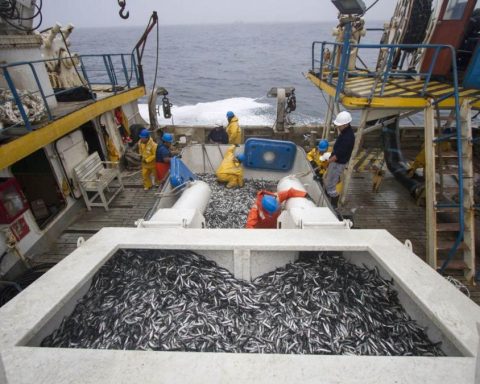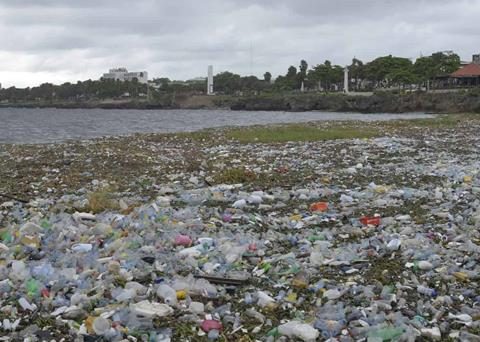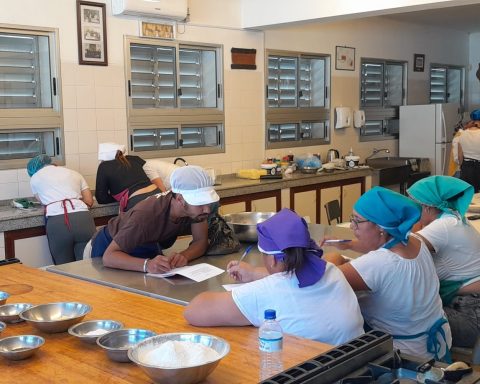The Senate will deal this week, in a special session, with the 2023 Budget project, in a discussion that will last for several hours and in which the ruling party – with its own votes and that of allied forces – will seek to give it definitive sanction and send it to the Executive Power for approval. promulgation.
The session, whose date it could be wednesday the 16th or thursday the 17thalso It will include the discussion of the bill, approved two months ago in Deputies, which extends for five years the validity of the taxes on Earnings, Debits and Bank Credits, known as the Check Law; of the Monotax, the Capital of the Cooperative and the additional Cigarettewhich expire at the end of 2022 and account for 32% of tax revenue.
The 2023 Budget project was approved by the Chamber of Deputies in the last days of October, after an extensive session in which the Frente de Todos managed to sanction it with its own votes, those of provincial forces and radicalism legislators framed in Together for Change .
In fact, at that meeting, which took place between October 25 and early on the 26th, the project obtained 180 votes in favor, 22 votes against and 49 abstentions and became the project with the highest number of supporters in the lower house from 2012 to date.
The 2023 Budget Bill went to the Senate where, after two meetings of the Budget and Treasury Commission -held on November 2 and 3-, it obtained a majority opinion with the signatures of the legislators of the Front of All and its ally of Together We Are Río Negro, Alberto Weretilneck.
The first of the days served for the legislators to listen to the Secretary of Economic Programming, Gabriel Rubinstein; of Treasury, Raúl Rigo; and Finance, Eduardo Setti.
The next day, the interbloc, which is the first minority in the upper house, obtained the necessary signatures to bring the project to the floor.
However, the ruling party took another week before the issue was discussed in a session.
This week, in which activity in the Senate was scarce, there were only a handful of meetings with topics unrelated to the economy and politics.
The Senate preferred to wait a little longer before bringing the issue to the floor because some legislators were not available.
In fact, Weretilneck, from Rio Negro, from Together We Are Rio Negro, and Ignacio Torres, from Chubut, from Together for Change, traveled to the United States to observe the development of the mid-term elections that were held last Tuesday.
Added to the absence of both legislators is that of the head of the Frente de Todos interbloc, José Mayans, who remains hospitalized due to health problems.
Based on forecasts, if the Front of All seats all its memberswith the exception of Mayans, and maintains the support of its allies from Río Negro, Hay Futuro Argentina and the Concordia Renovating Front, you won’t even need a vote of the opposition to get the project approved.
(S)The detail of the law of laws(s)The 2023 Budget project sent by the Executive Branch, and which was modified during its passage through Deputies, provides for a global spending of almost $29 billion, a fiscal deficit of 1.9%, an inflationary pattern of 60% and allocates 70% of resources to social items.
The calculation of resources planned for next year is 22,554,178,961,624, which is why it seeks to reduce the deficit from 2.5 percent in 2022 to 1.9 in 2023, which would be equivalent to approximately 6,400 million pesos.
This will be the second Budget of the four that the Government of Alberto Fernández should have had, since upon taking office, in 2019, the Executive Power decided to redirect the calculation of expenses and resources from the previous year to 2020, without taking into account the project prepared by the administration of Mauricio Macri.
In 2020 it managed to approve the Budget for 2021, at the end of that year, after the change in the composition of the Chambers due to the defeat of the Frente de Todos in the mid-term legislative elections, the opposition refused to cast its votes and the Government it became lawless in 2022.
